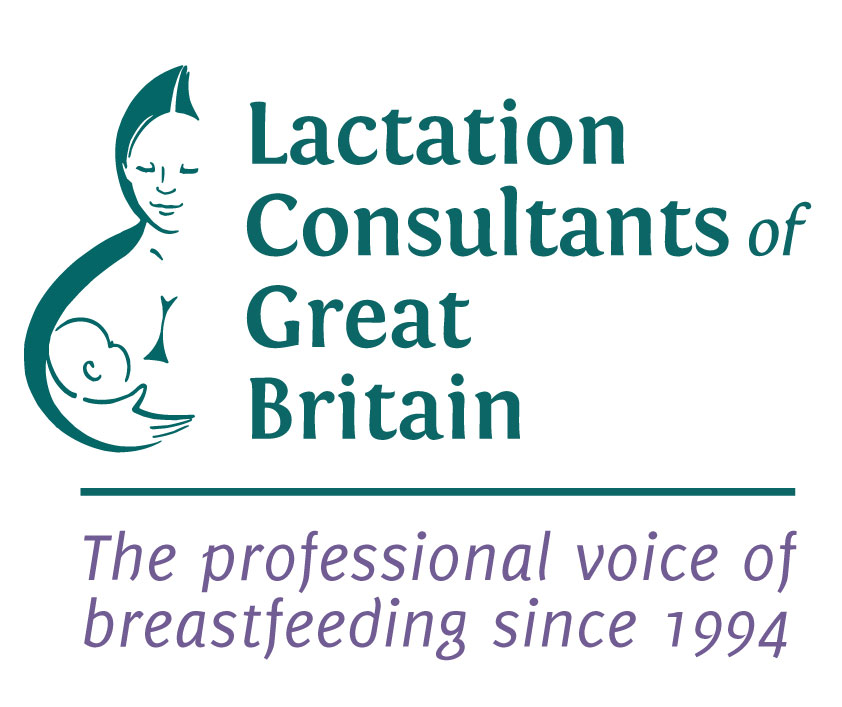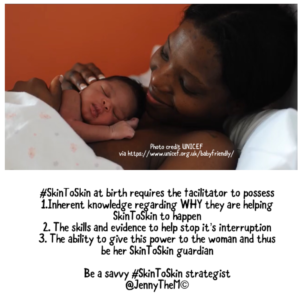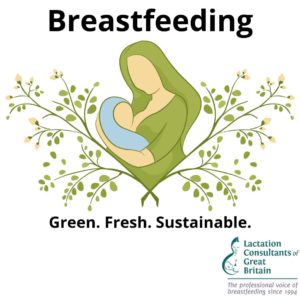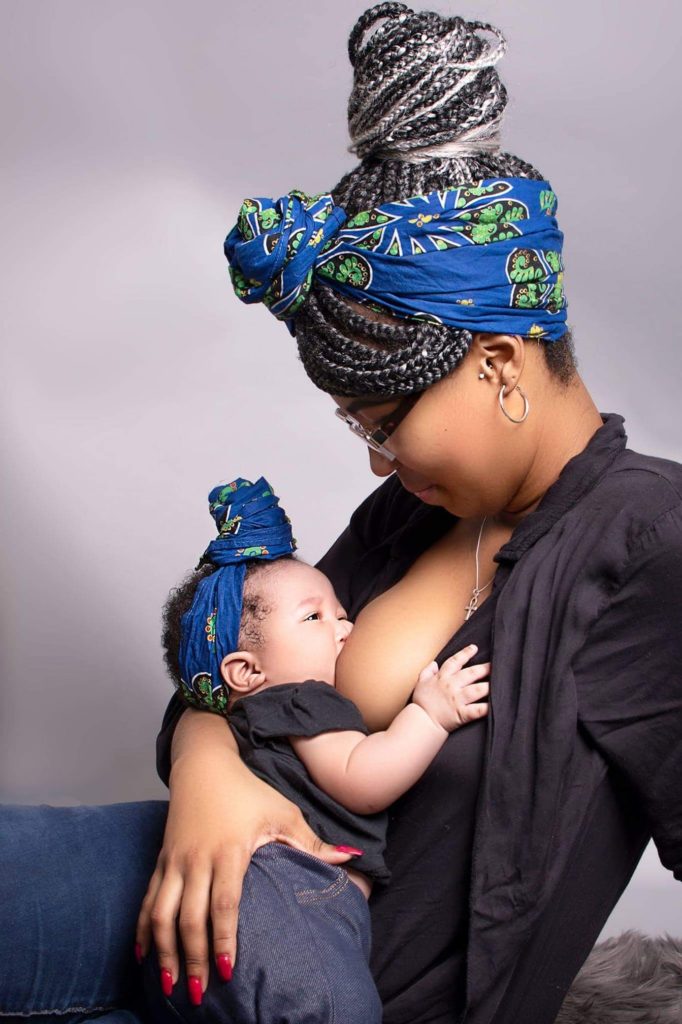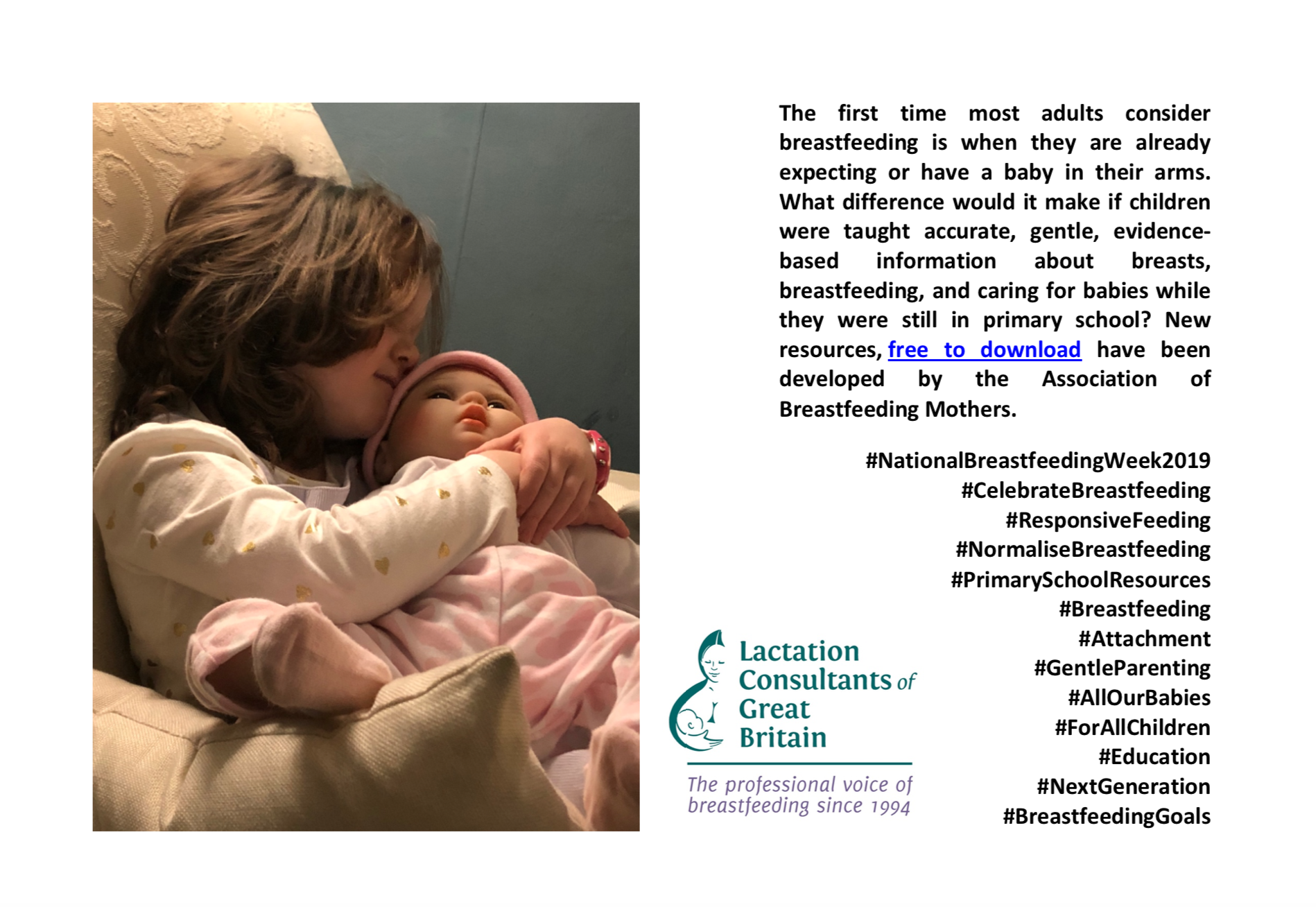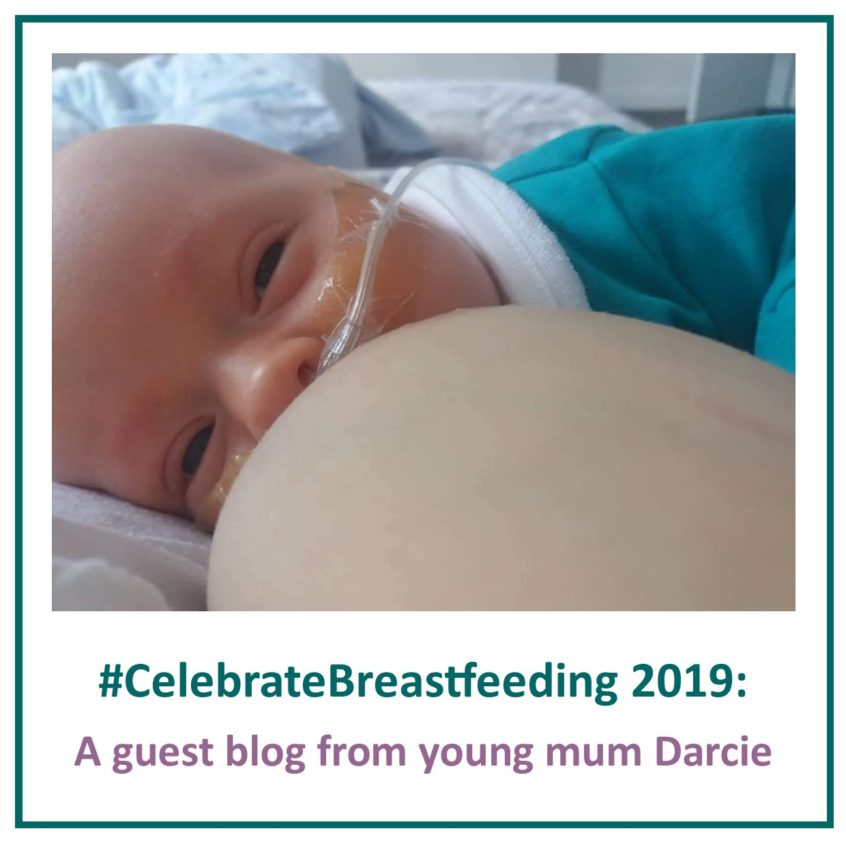Induced Lactation
My wife and I started fertility treatment a couple of years ago and after trying reciprocal IVF (so my frozen eggs were transferred to my wife) we fell pregnant. At our booking in appointment I was curious to find out if when our child is born, I could also breastfeed. The midwife wasn’t sure but said she would refer us to a lactation consultant.
A Call To Arms for #SkinToSkin ©
This week I had quite a poignant DM from an infant feeding team, about paediatricians putting up barriers towards midwives facilitating #SkinToSkin at caesarean section. And I hear stories of courage and determination all the time from some wonderful #SkinToSkin warriors, which makes me ask the question “Why should SkinToSkin be such a fight?” It is certainly worth fighting for!
How green is your baby’s milk?
As any mother will know, human milk can come in a range of colours. However, one colour shared by all breastmilk is an environmental green, and for milk banking some milk donations may be more green than others.
Black Breastfeeding Week 2019 – One Mum Tells Her Story
I'm celebrating Black Breastfeeding Week because it's important to me. It's important be-cause of the stigma attached to black women breastfeeding, because of the lack of diver-sity in images of breastfeeding, because of the importance of babies receiving their perfect food. I am a black woman with black children both of whom I breastfeed; and as such I'm a minority in a minority. In this country we have one of the worst rates of breastfeeding glob-ally, so it’s important for me to raise awareness of breastfeeding within my own community and provide as much help as I possibly can. It's so important to me and it's really become a passion of mine. Upon returning to my studies, I actually chose the importance of Black Breastfeeding Week for my dissertation and earned a great mark
ABM Breastfeeding in Schools Resources
Although breastfeeding can be a thorny issue for many, the fact remains that the vast majority of women who start off breastfeeding but stop feel a sense of sadness and regret. We’re not talking about forcing people to breastfeed, by the way. Most women who start off and then stop before 6 weeks feel genuine pain and disappointment. There may be many ways of addressing the problem. We could invest in more support in the early days. More peer supporters, breastfeeding counsellors and IBCLCs. Better universal training for health care staff. But what about if we start off even earlier?
One Young Mum’s Story
I was 18 years old when I first started breastfeeding. I only knew one other person that breastfed and so I was completely oblivious to how difficult the early days could be! I knew nothing about cluster feeding, or how to seek the correct support. For the first four days I was repeatedly asked by midwives to put my son on formula, as they didn’t think he was feeding as he should.
IBCLC from paediatric nurse
“I initially trained as a paediatric nurse, then later studied specialist community public health nursing and became a health visitor. I’ve worked in five major London children’s hospitals, covering everything from ambulatory care to neonatal intensive care. I always wanted to work with well children in the community, and although I enjoyed the adrenaline rush of high dependency and intensive care, I became frustrated when I didn’t know how my little patients’ stories ended!”
IBCLC from Le Leche League
“I am at my first La Leche League GB National Workshop, c.2002. I am (somewhat to my surprise) the mother of a breastfeeding toddler and pregnant with my second baby. There is a smart, impressively knowledgeable Leader giving a PowerPoint presentation about nipple shields. I am fascinated; I’ve never seen a nipple shield, can’t use PowerPoint, and had no idea there was so much to learn about breastfeeding. This is my first experience of an IBCLC.”
